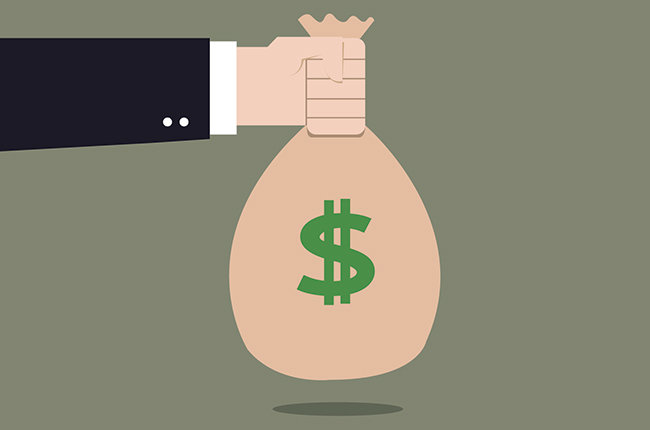The popularity of digital radio services in the United States has turned into big money for the record industry. SoundExchange announced Wednesday it has distributed over $3 billion in digital performance royalties to record labels and performing artists since 2003.
“Three billion dollars in distributions marks a phenomenal milestone not just for SoundExchange, but for the entire music industry,” said SoundExchange President and CEO Michael Huppe, in a statement.
Nearly half of these royalties have been paid in just the last two years. SoundExchange paid out $773 million — over 25 percent of the total — in 2014 and $590 million — about 20 percent of total distributions — in 2013.
In 2004, the first year SoundExchange paid royalties, labels and performing artists received just $6 million. Driven by growth in Internet and satellite radio, annual distributions reached $100 million in 2008.
Future distributions could be affected by a change in royalty rates. The Copyright Royalty Board, a three-judge panel that sets the statutory rates for the non-interactive Internet radio services that pay SoundExchange, will announce rates for 2016 to 2020 before the end of the year. SoundExchange has proposed a considerable rate hike. Pandora has proposed a decrease.
Not all distributions will be affected by the decision. Current rates for satellite and cable radio extend through 2017. And Pandora has privately negotiated rates with independent rights organization Merlin.
But a rate change would impact a large — and growing — share of U.S. record industry revenues. SoundExchange distributions accounted for 15.8 percent of U.S. recorded music revenues last year, up from 5.6 percent in 2010.


